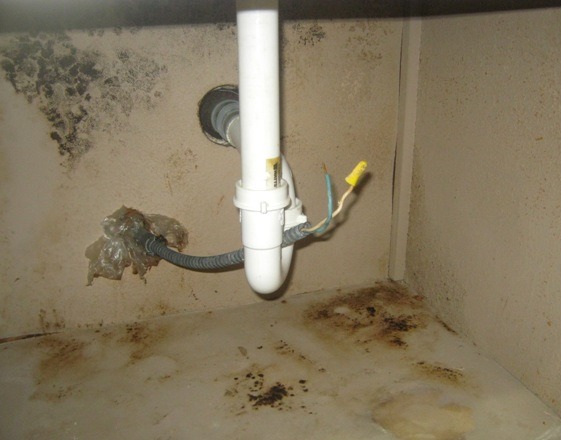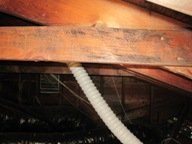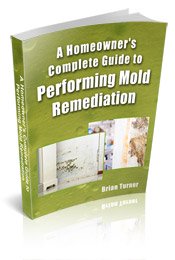Find a Mold Specialist Now
Click or Call, Toll-Free 24/7
Black Mold Exposure
Black mold exposure can lead to numerous serious health problems. Many people don’t realize the dangers of black mold because we typically think of mold as being something dirty or unsightly or difficult to clean from the grout between shower tiles, but not as something particularly harmful to our health. Black mold, technically known as Stachybotrys chartarum, is different though.
Health Risks of Black Mold
Perhaps the most prevalent risk of mold exposure is respiratory problems. People exposed to black mold, especially those exposed over a period of time, may suffer chronic sinus infections, runny noses, persistent coughs, respiratory infections such as bronchitis and shortness of breath or difficulty breathing. People with asthma typically experience a worsening of those symptoms and some people that have never been diagnosed with asthma in the past develop it or at least develop asthma-like symptoms.
Other dangers of black mold include severe headaches, dizziness, difficulty concentrating, fatigue and a general feeling of malaise. In rare cases bleeding in the lungs has been reported, although some medical experts do not believe that is necessarily caused by exposure to black mold. Perhaps one of the greatest dangers of black mold is that while symptoms typically clear up or at least improve after the mold has been cleaned up, some symptoms may persist to some degree long after the black mold exposure. Infants and children, elderly people and those with suppressed immune systems such as those with illnesses like HIV or AIDS are particularly at risk.
Reducing Exposure to Black Mold

Reducing black mold exposure is necessary if you want to avoid the many health risks associated with the mold. To reduce your exposure, have any home you are considering moving into inspected for the presence of black mold or any other hazardous mold before you move in. Don’t just try to look for mold yourself; hire a professional to inspect the home for you. A number of home owners have been unpleasantly surprised to learn that the home they recently purchased had significant amounts of black mold. If this happens to you and you can prove the seller of the home knew about the mold and did not disclose the problem to you, you can receive financial compensation for having the problem professionally treated. If the seller was not aware of the mold problem, though, you’ll probably be stuck with the costs of cleaning it up, which are often considerable.
Where Black Mold Grows

Mold tends to grow in moist areas and also on materials that provide nutrients for mold, such as materials that contain cellulose. Materials containing cellulose include things like paper products, cardboard, wood, drywall and ceiling tiles. The dangers of black mold are greater when mold grows in things like drywall and ceiling tiles because it’s difficult to clean those things thoroughly. Often they must simply be ripped out and replaced. (The picture to the right shows mold in an attic).
Cleaning Up Black Mold
If you do discover you’ve suffered black mold exposure in your home, you’ll need to clean up the mold as soon as possible in order to save yourself and your family from the potentially serious health problems associated with black mold. You’ll need to make sure you find every affected area in your home, remove any materials that cannot be cleaned (many porous materials are very difficult to clean thoroughly), making sure not to spread any mold spores throughout the house while removing affected materials. You’ll need to scrub all moldy areas with soap and then again with strong disinfectant.
We recommend you hire a professional to do the cleanup due to the dangers of black mold, but make sure you choose someone experienced and qualified. Even if you are considering doing the job yourself, you should have a professional come in to give you a free professional evaluation and estimate. You can follow this link to find a Qualified Mold Removal Specialist in your area.
Return From Black Mold Exposure To Our Black Mold In Homes Page
Black Mold Health Symptoms Home Page
Additional Resources:
Centers For Disease Control & Prevention
North Carolina Dept. of Health





